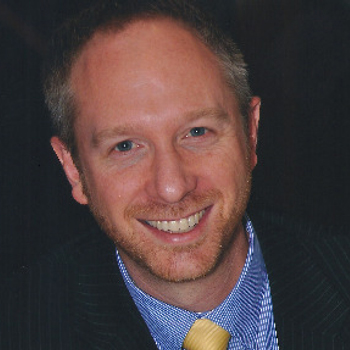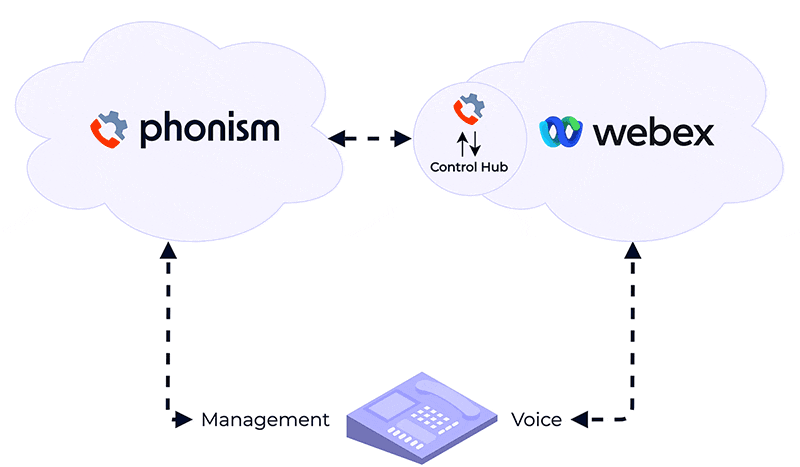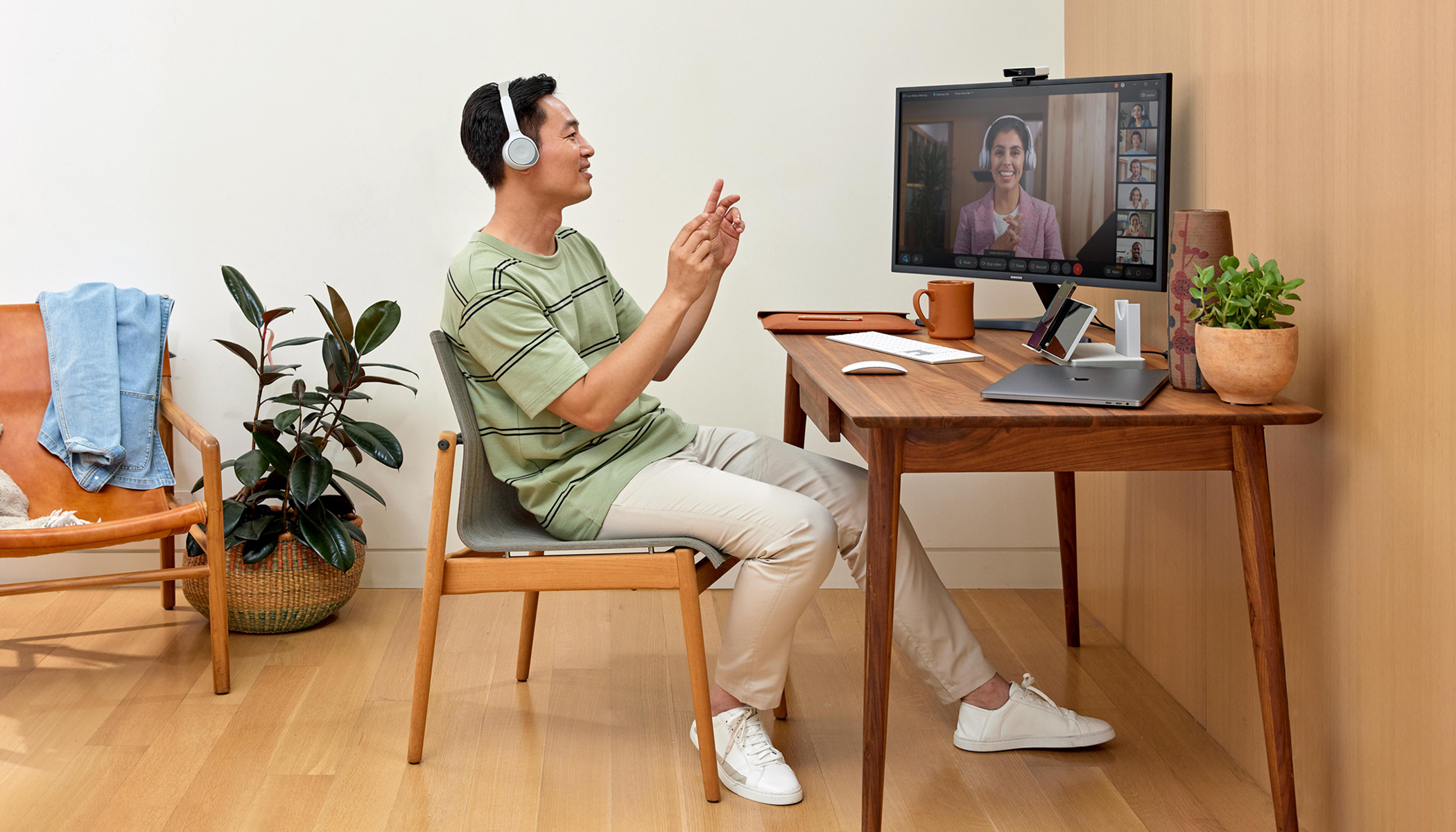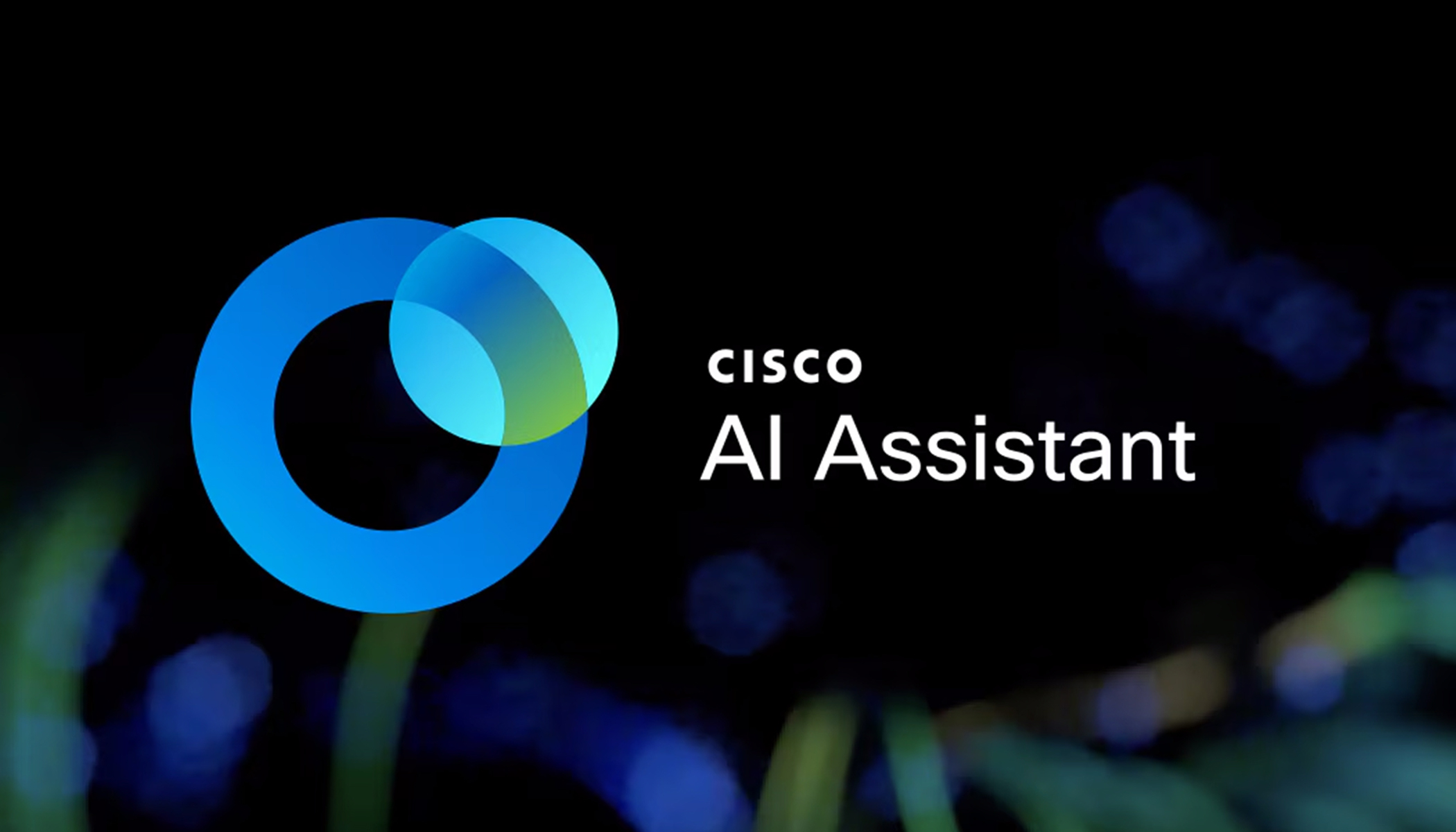Analysts Weigh in on Remote Work and the Future of Work
We ended our week-long Future of Work marathon series with an interesting discussion with collaboration analysts Dave Michels, Principal Analyst and Founder, TalkingPointz, Daniel Newman, Principal Analyst, and Founding Partner, Futurum Research, Jim Lundy, Founder, CEO, and Lead Analyst, Aragon Research, and Craig Durr, Senior Analyst, Wainhouse Research. We had a great dialogue that delved into how organizations have adapted to the current remote work situation, how they’re able to keep things going, and what that means for the future of work.
I think we all agreed that the transition has been a crash course, in real-time, for businesses. While there are plenty of published best practices, it still presented some culture shock as we found that not only were companies not fully prepared to work from home, the workforce wasn’t ready for full-time remote work.
Obstacles to Overcome and Making it Work
There were also obstacles to overcome during the rapid shift to remote work, such as ensuring security and privacy. Vetting for security and privacy policies might have been rushed, as we’ve seen some platforms not as secure as initially thought. In addition, when workers are remote, there is less control and no assurance they follow protocols. As Daniel Newman pointed out, “your starting to limit control because you’re asking and giving more accessibility to the worker to do more things without as much guidance, without being connected to the network, without guaranteeing security . . .”
To make it work, however, we discussed how workflows need to be adjusted and employees need to learn new technologies and find a comfort level with virtual collaboration; including turning on cameras and using instant-messaging tools. Management by objectives will become more prominent as companies become less concerned about a 9-5 workday.
Future of the Office
That led us to discuss what is the future of the office? Is this the new normal or will we go back to the way things were before? We all agreed that the future of work will be a hybrid environment, to which Craig Durr shared, “In the past, it was about three things, your workforce, workflows, and your workplaces and I think the same thing applies. I think you can leverage the same model but update it to how people are going to be working in multiple locations.” Indeed, the office will become a place to collaborate, with fewer permanent spaces and more flex and huddle spaces.
What Now?
As we closed out, we emphasized the human factor, the need for empathy, and the importance of connection and communication, especially now. When we do go back to the office, it will be different. But, for now, to be productive everyone needs to work in a way that’s best for them.
View all the Future of Work Marathon Series sessions on-demand
Learn More
Future of Work Marathon Series — Day 4 The Contact Center of the Future
Marathon Live Series — #RemoteWork — The Future of Work is Now




